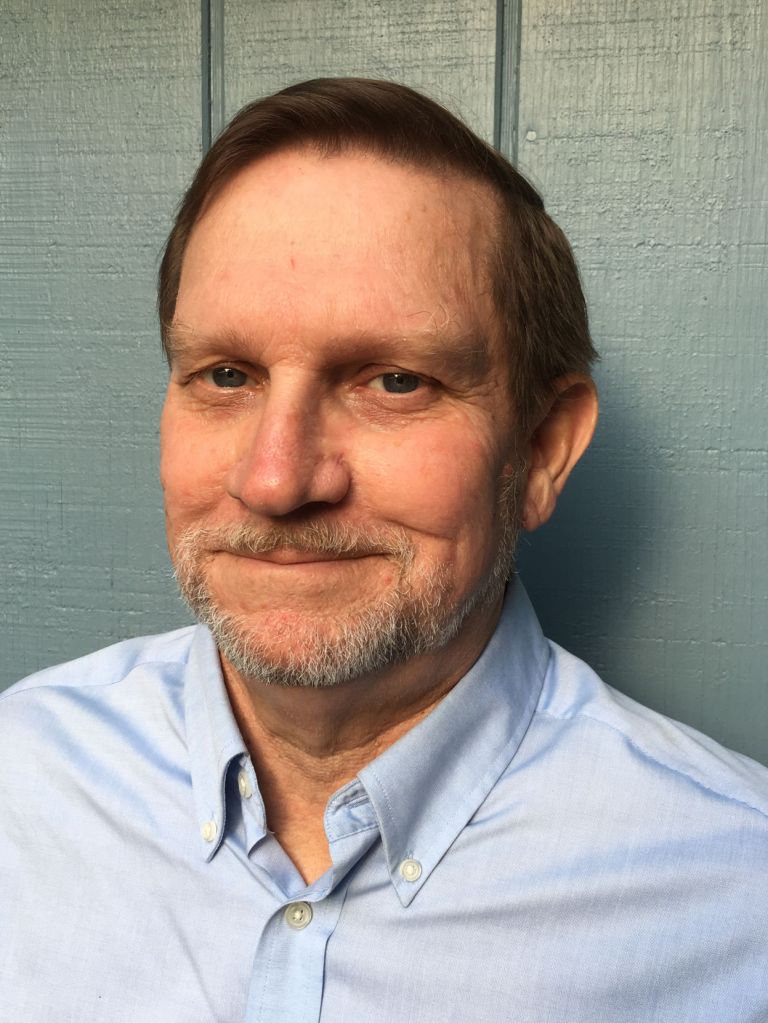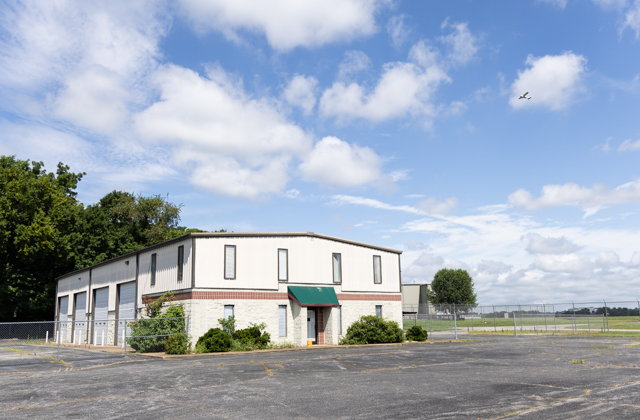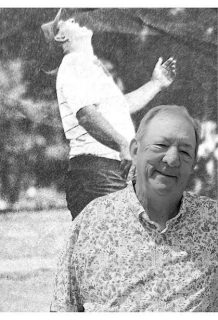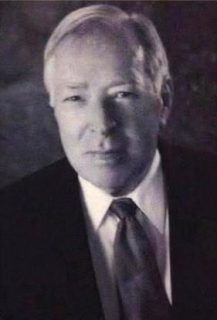Remembering our fathers – on Father’s Day and always
Published 1:00 am Sunday, June 16, 2019

- Mark Heinz
My dad was born in Louisville on June 15, 1926. Sometimes Father’s Day fell on his birthday; always it was close. So, I have two reasons to remember my father, Alfred J. Heinz Jr., at this time of the year.
Everybody thinks their dad is special. I know my dad was special in a not-so-happy way. His parents divorced when he was a baby. His mother was just 19. It was a difficult time to be a single mom. Society frowned on a mother with no husband. Good jobs for women were practically nonexistent, and there were no food stamps or helpful government programs. The saying in those days was “Root, hog, or die.”
Trending
The Great Depression made life even harder. My dad grew up all over the place, wherever his mom could find work. For a while they lived in Buffalo, N.Y. Dad hated the brutally cold and snowy winters. He sold newspapers and magazines out of a little wagon, earning half a cent for every newspaper he sold, and a penny per magazine. On a good day he might earn 50 cents.
My dad and his mom never had a place to call home. They rented a room in someone else’s house, typically an unheated room upstairs. While they silently ate in their cold upstairs room, they could hear the family in the dining room downstairs, laughing and enjoying their hot supper. Dad and his mom were allowed downstairs to use the bathroom only at specific times.
Dad was 15 when the Japanese bombed Pearl Harbor on Dec. 7, 1941. He wanted to join the Navy right then, but his mom made him wait until he turned 17. Dad served in the Pacific until the war ended, then attended the University of Louisville on the GI Bill. My mom was a student at UofL, too. Soon they decided to drop out and get married.
My mom was born and raised in the German-Catholic neighborhood of Schnitzelburg in Louisville. Dad’s family tree resembles a branch with a few twigs, but Mom’s family tree looks like a giant oak. Dad didn’t know much about family, but Mom did, and soon they had a family of their own. I have three brothers and three sisters, making seven kids in all.
Dad worked in Louisville at Southern Gravure, and then Standard Gravure, for 43 years before he retired. It was a good union job, as union jobs go. Still there were nine mouths to feed, nine bodies to clothe, and so on. Money was tight, but we lived well enough.
Dad was very grateful and proud to have a family of his own, and a place to call home. He entertained us at suppertime (and at dinnertime on Sundays) with jokes and stories he mostly heard at work. We were the happy family he’d heard downstairs in his youth.
Trending
A natural-born athlete, Dad excelled at all kinds of sports. He was captain and pitcher of his company’s softball team. He also captained his company’s bowling team and averaged a respectable 222. He wanted to go pro, but Mom made him keep his “day job.” It’s a good thing she did. His back blew out and required major surgery. After that, Dad focused mainly on fishing.
I’ll never forget the look on Dad’s face when we headed out on a lake, the sun blushing pink on the horizon. “I work in a factory with no windows,” Dad explained. “I can’t tell you how good it feels to be out here in the sunshine.” He didn’t have to tell me; it was written all over his face. With a cold beer in his belly and a fish on his line, he was the happiest man on Earth.
After my youngest sibling started high school, Mom returned to college, earned a degree, and began teaching third grade. With most of their seven children grown and gone, a second income, and a few inheritances, my parents’ financial struggles were behind them. They began to make retirement plans, but sadly, their golden years were unkind.
Dad was 63, and Mom was 61, when she was diagnosed with non-Hodgkin lymphoma.
Dad cared for my mom throughout her two-year battle with cancer. It took a great toll on all of us, especially my dad. He looked like he aged 20 years in those two years. Mom died one week before her 64th birthday. After Mom died, Dad suddenly looked old and feeble.
He became active in the American Legion and served proudly on their color guard. Mostly it gave him something to do and a chance to be with other people. Dad didn’t like to be alone. We hired a lady to clean his house, and cook for him in the evenings – and Dad was okay for a while. He wasn’t great, but he was okay.
In his early 70s, Dad’s thinking became skewed and confused. “My mind is like a steel trap,” he joked, “but the trap has gotten rusty.” The official diagnosis was Alzheimer’s disease. We enabled him to stay home as long as we could, until he became a danger to himself. Then he moved into an assisted living complex with a special facility for Alzheimer’s patients.
We last saw my dad just before Christmas in 2006. He had always loved to sing, and his beautiful baritone made him the star of the singalongs at the assisted living facility. Dad insisted on singing for my family and me. The song was “The Old Rugged Cross.”
I was surprised. Dad never had any religious training, and he never went to church. My mom’s family claimed, “Al doesn’t have a religious bone in his body.”
“Are you getting a little religion in your old age, Dad?” I asked gently. He smiled silently, beatifically, and nodded his head, Yes. Less than two months later, he died on Feb. 11, 2007.
I am 65 now with a family of my own. I don’t claim to be a wise man, but I’ve discovered at least one universal truth: As long as our parents are still with us, we tend to take them for granted. As soon as they’re gone, we wish we had done more.
We should always cherish and care for our fathers – not just on Father’s Day, but every day of the year.






